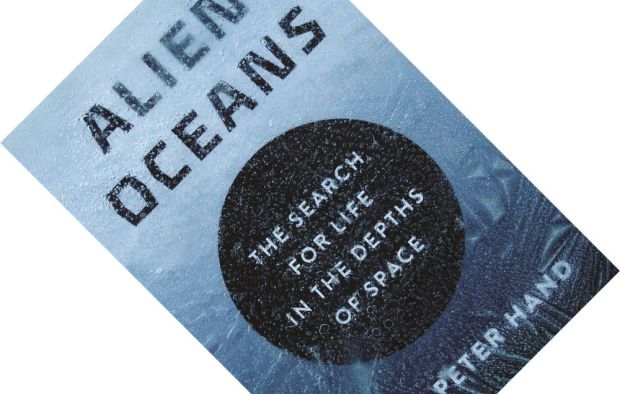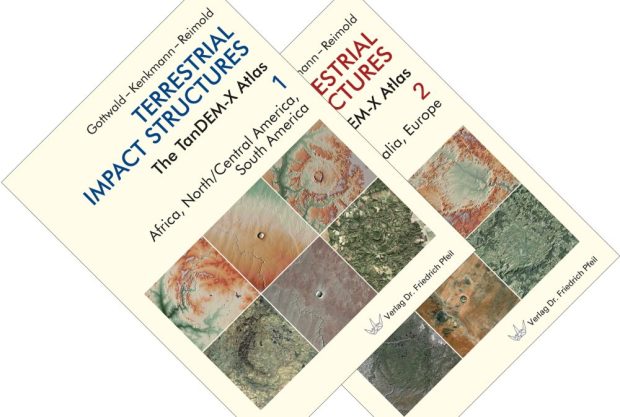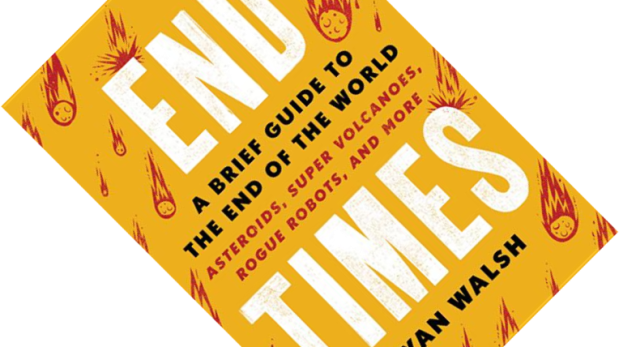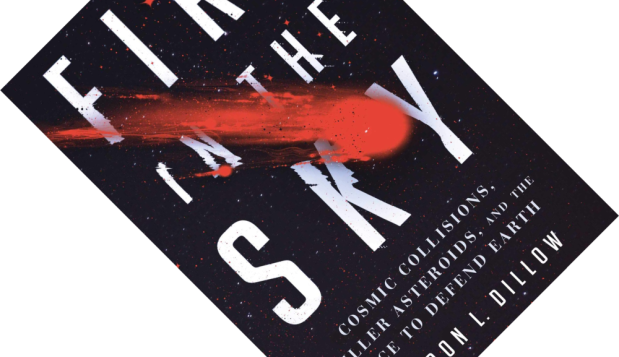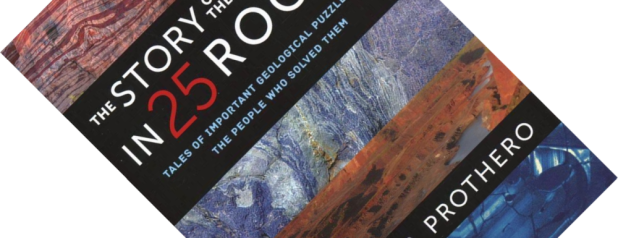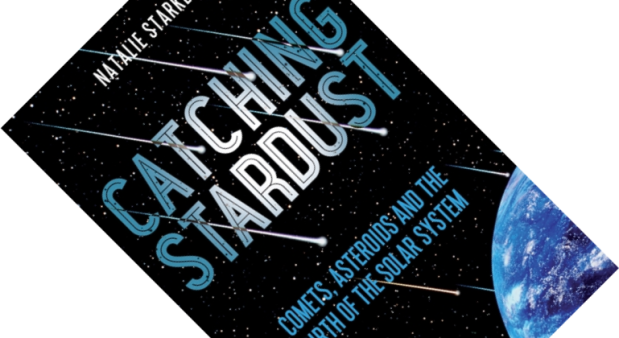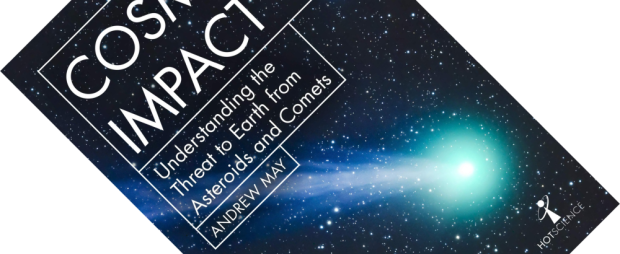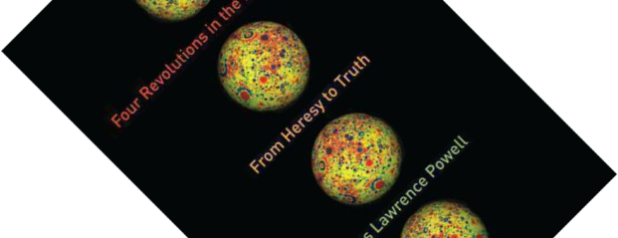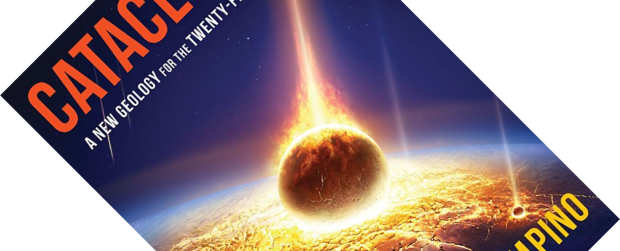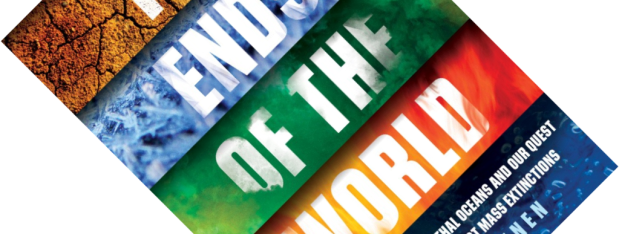8-minute read
This is the second of a two-part dive into the story of oceans on Earth and elsewhere, following my review of Ocean Worlds. That book gave a deep history of how our oceans shaped Earth and life on it and briefly dipped its toes into the topic of oceans beyond Earth. Alien Oceans is the logical follow-up. How did we figure out that there are oceans elsewhere? And would such worlds be hospitable to life? Those are the two big questions at the heart of this book. If there is one person fit to answer them, it is Kevin Peter Hand, a scientist at NASA’s Jet Propulsion Laboratory and their deputy chief for solar system exploration.

